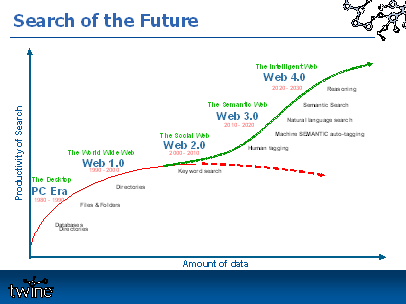Who Owns My Healthcare Data?
 Wednesday, March 26, 2008 at 6:00AM
Wednesday, March 26, 2008 at 6:00AM In late 2006 Shahid Shah invited me to submit a guest article to his blog, The Healthcare IT Guy blog.
I was pleased to accept his invitation and here's the introduction made by Shahid:
"Healthcare data ownership is an important issue and I was pleased to run across Pardalis, a company specializing it. Although they don’t focus only on healthcare, they intrigued me because they appear to be a cross between a nascent supply chain Google, eBay, and author-controlled Wikipedia. That is, they claim to be able to increase availability of on-demand healthcare information (which lots of companies are doing) but they provide real-time control over the process of sharing such information to patients and healthcare information producers (which very few allow today). It’s unique enough that they’ve recently been awarded a couple of patents. Pardalis is company worth keeping an eye on because if they can achieve even part of what they plan it could lead to a practical realization of software as a service that might give more than just lip service to privacy and be able to address the economic realities of ‘data ownership’. I invited Pardalis’ founder and CEO, Steve Holcombe, to discuss why he believes healthcare informatics seems be trapped within a technological Tower of Babel."
And here's the link to my guest article entitled Who Owns My Healthcare Data?

